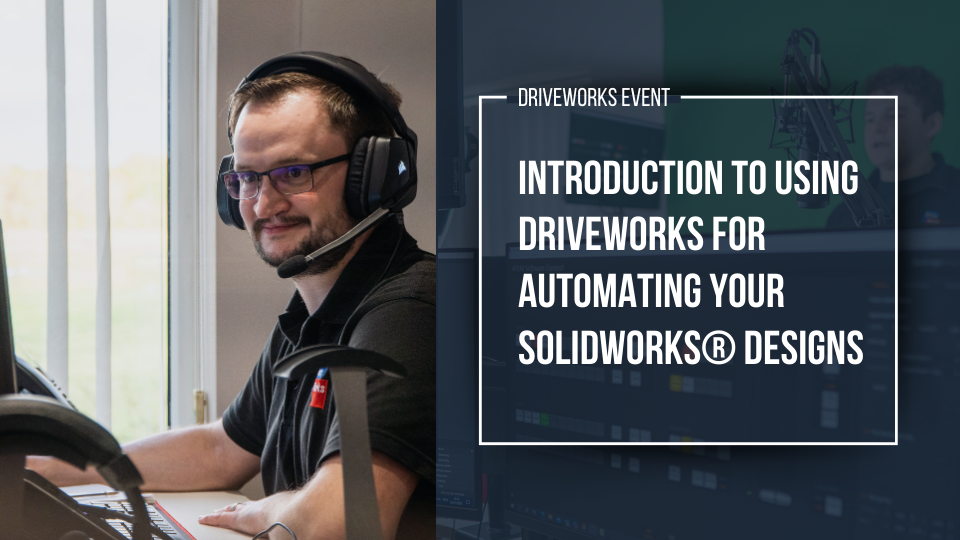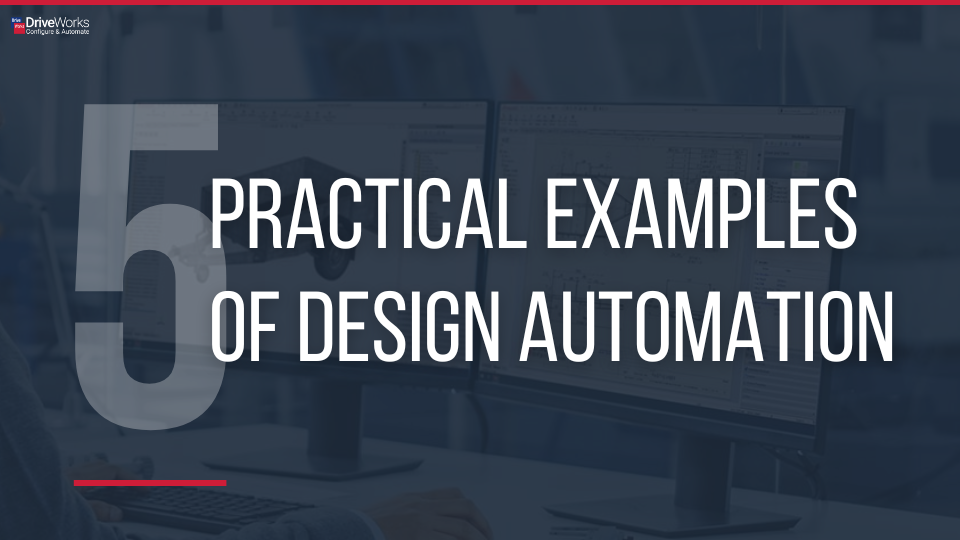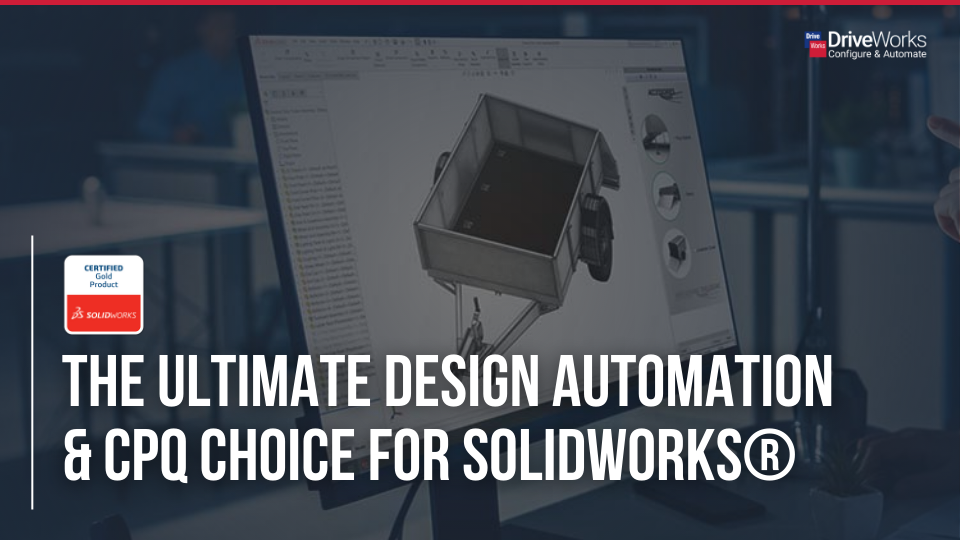The demand for one-size-fits-all products has been overtaken by the customer appetite for customization. The expectation that products can be tailored to meet unique requirements is fast becoming the norm and customers actively seek out businesses that offer a customized product line.
However, meeting the increased demand for custom products efficiently and at scale can be a big challenge for manufacturers. Traditional manufacturing processes are more geared towards mass production and the transition to custom product design and production may seem daunting.
Automation introduces efficiency, control, and scalability into the custom product design process, enabling manufacturers to profitably produce custom products at scale.
Customization challenges
Many manufacturers have built successful businesses based on mass production product strategies. The introduction of customization into traditional manufacturing processes brings a number of challenges.
Mass production is driven by traditional design, sales, and manufacturing processes. Introducing any variability into these processes leads to more complicated workflows, longer design cycle times, increased errors, a requirement for additional resource, and an associated increase in costs based on all of these changes.
Automation of repetitive tasks, particularly when combined with CPQ technology, enables manufacturers to design, sell and manufacture custom products efficiently. Automation delivers a number of business benefits to enable smart manufacturing of custom products.
Businesses are adopting intelligent automation solutions to benefit from increased productivity, cost reduction, improved accuracy and better customer experience. A study by Deloitte revealed that businesses that moved beyond piloting intelligent automation reported an average cost reduction of 32%.
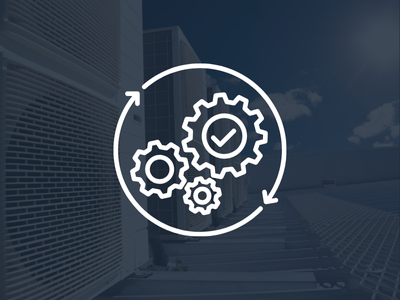
Speed & efficiency
Automation of custom product design streamlines the workflow for “same but different” products and reduces the need for manual interventions. By automating repetitive design tasks, design engineers are freed up to spend more time on new product development. Design automation, combined with a CPQ solution, enables sales teams and customers to configure custom products from a pre-set menu of options and automatically receive accurate pricing and quotes. Quicker quote and sales cycles enable your business to be more competitive and win more custom product sales.
Consistency & quality control
Automation enables custom products to be consistently produced with guaranteed quality standards. Design rules and parameters are built into the automation process to ensure that products meet all necessary requirements. This means that custom product designs are manufacturable and meet quality standards and industry regulations. With design rules incorporated into the automation process, there is less need for back and forth communication between teams, further reducing the risk of error.
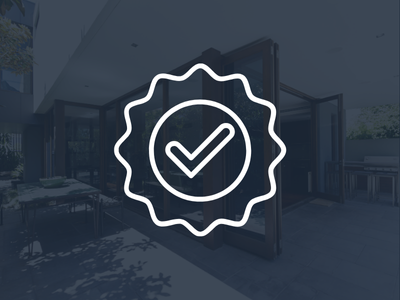

Scalability
Manual design processes are unable to handle the same volume of custom product designs efficiently. The automation of the repetitive tasks associated with custom design enables businesses to easily scale up their operations. Pressure is taken off design engineers as they have more time to focus on other tasks such as product innovation. Scalability is key as demand for custom products continues to increase and businesses need to remain competitive.
Cost-effectiveness
The small initial investment associated with design automation is offset by the long term cost savings and business benefits. Businesses adopting automation into their custom design process benefit from lower costs due to fewer design revisions, less rework and less waste. Automation of custom design enables businesses to offer custom products at competitive prices whilst maximizing business efficiency.
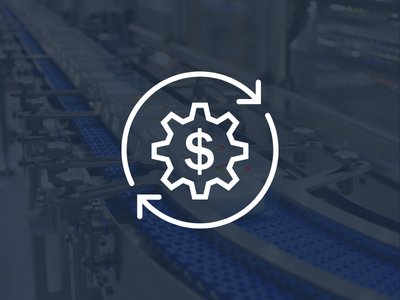
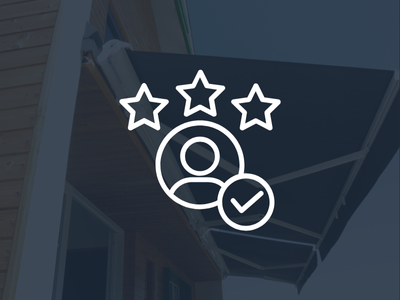
Customer experience
Automated custom product design enables customers to receive quotes for customized product quicker. When combined with 3D product configurator technology, customers can configure their products online and view custom options in 3D. Advanced visual guided selling provides visual product representations that make it easier for sales teams to communicate complex custom designs to customers, enabling a clearer understanding of the finished product and reducing any misinterpretation. An improved buying experience improves customer satisfaction and loyalty and increases customer retention and repeat buying.
Custom design automation in action with DriveWorks
Alitex is a UK company designing and manufacturing bespoke aluminum greenhouses and conservatories for customers around the world.
Creating the SOLIDWORKS® design data for a custom greenhouse would take their in-house team of highly skilled design engineers up to 40 hours, including checking time. Alitex wanted a solution to reduce design time, with the goal of improving design efficiency and customer experience.
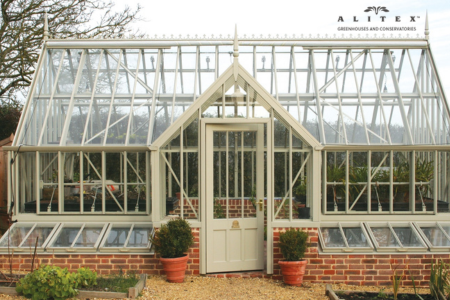
Alitex use DriveWorks to automate the production of SOLIDWORKS models for their Traditional Glazing System and their Messenger Glazing System.
DriveWorks automatically generates ground plan drawings for each custom version. This provides the information needed to build the base together with a visual representation of the custom product.
Each time a new specification is run, DriveWorks also automatically generates key documentation for the Manufacturing Team to use to manufacture the product. This includes a Bill of Materials, CAM information and drawings.
Using DriveWorks has also enabled Alitex to maintain high quality standards as each configured product is generated from the original SOLIDWORKS master model and drawing.
“Thanks to DriveWorks, we have cut down design time from 40 hours to 20 hours, improving the customer experience to help enhance their decision making process.”
Eliott Dean, Alitex Designer at Alitex Ltd
Learn more about design automation
If you’d like to learn more about design automation and how the manufacturing industry are implementing design automation technology take a look at some of our other design automation blogs:
